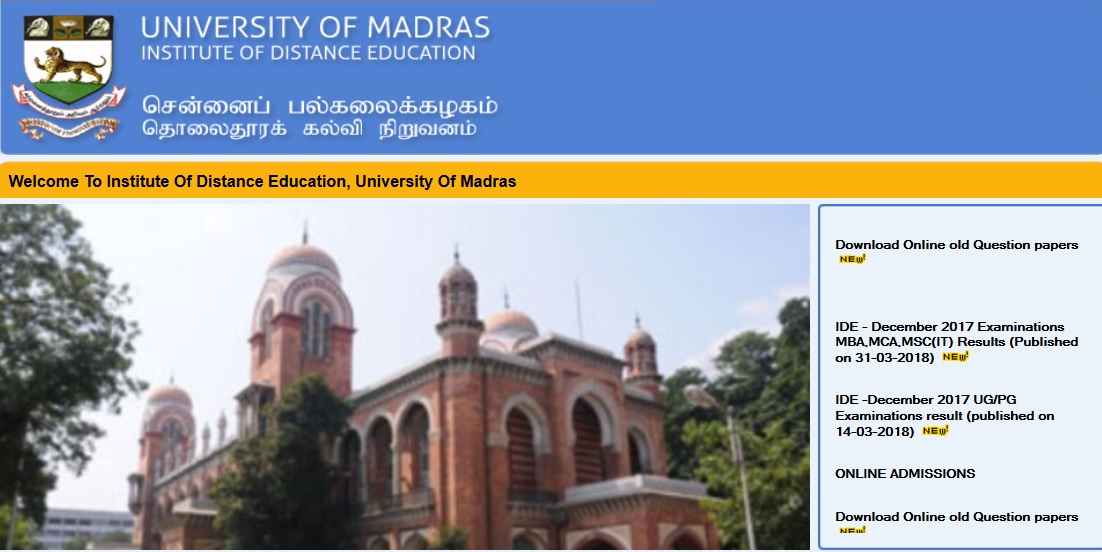NRK Augustian Age & Roma B.A Question Paper : ideunom.ac.in
University : University of Madras
Degree : B.A
Department : English
Subject : NRK Augustian Age & Roma
Document type : Question Paper
Website : ideunom.ac.in
Download Previous/ Old Question Paper :https://www.pdfquestion.in/uploads/ideunom.ac.in/6889-_QBNEW1_uid4024%20NRK.pdf
IDEUNOM NRK Augustian Age & Roma Question Paper
MAY 2012 U/ID 4024/NRK
Time : Three hours
Maximum : 100 marks
Related / Similar Question Paper :
University of Madras BA UCRA Elizabethan Age Question Paper
1. Answer any FIVE of the following : (5 × 2 = 10)
(a) In this poem there is no nature, for these is no truth, there is no art, for these is nothing new.
(i) What is the poem referred here?
(ii) Who is the author of the poem?
(b) The first edition was ten books, in a small quarto. The titles were varied from year to year.
(i) What is the book mentioned here?
(ii) What kind of a book is it?
(c) He did not sell literature to all comers at an open shop; he was a chamber-milliner, and measured his commodities only to his friends.
(i) Who is referred to here as Chamber milliner?
(ii) What were his commodities?

(d) For Lycidas is dead, dead ere his prime Young Lycidas and hath not left his peer.
(i) Who is referred to here?
(ii) Was he died of old age?
(e) He must not flote upon his watery beau Unwept and welter to the parching wind.
(i) Who is the speaker?
(ii) Who are referred to here?
(f) Weep no more, woeful Shephereds weep no more, For Lycidas your sorrow is not dead.
(i) Who is referred here as Lycidas?
(ii) Why did the author ask others to weep no more?
(g) And when by Heaven’s good grace the boy grew up A healthy lad, and carried in his check Two steady roses that were five years old;
(i) Who is the boy?
(ii) Who is the father?
(h) Thus in his father’s sight the boy grew up; And now, when he had reached his eighteenth year,
(i) What was the name of the father?
(ii) Who is the son?
(i) There, while they two were sitting in the shade, With other round them, earnest all and blithe,
(i) Who were the two?
(ii) What were they doing?
2. Answer any FIVE of the following in about 50 words each : (5 × 5 = 25)
(a) Write a note on humour and Pathos in Charles Lamb’s essay ‘Old China’.
(b) What did Goldsmith satirise in his work ‘The Man in Black’?
(c) Write a note on William Blake’s mysticism.
(d) Why did Hazlitt prefer solitude for a journey?
(e) Write about Bunyan’s use of Symbols in Pilgrim’s progress.
(f) Write a note on the relationship between Elizabeth and Darcy.
(g) Bring out the allegorical elements in Dryden’s ‘Portrait of Achitophel’.
(h) How does Byron reveal his personality in the poem ‘The Ocean’?
(i) Why does Shelly call the bird a ‘blithe spirit’?
(j) Bring out Keats’ views on art as expressed in his poem ‘Ode to a Grecian Urn’.
3. Answer the following in 400 words each : (4 × 15 = 60)
(a) (i) Consider ‘School for Scandal’ as a Comedy of Manners.
Or
(ii) Write an essay on Johnson’s achievement as a critic.
(b) (i) Attempt a critical analysis of Collins’ ‘Ode to evening’.
Or
(ii) Consider ‘Pilgrim’s progress’ as an allegory.
(c) (i) Write an essay about the significance of marriages and male, female bonds in pride and prejudice.
Or
(ii) Write a note on Sheridan’s art of Characterisation with reference to the play ‘School for Scandal’.
(d) (i) Consider Alexander Pope as a satirist.
Or
(ii) What contrasts does the author make between Sir. Roger and Sir. Andrew Free port?
4. Comment on the figure of speech. (5)
Blind mouths! that scarce themselves know how to hold. A sheep-hook.